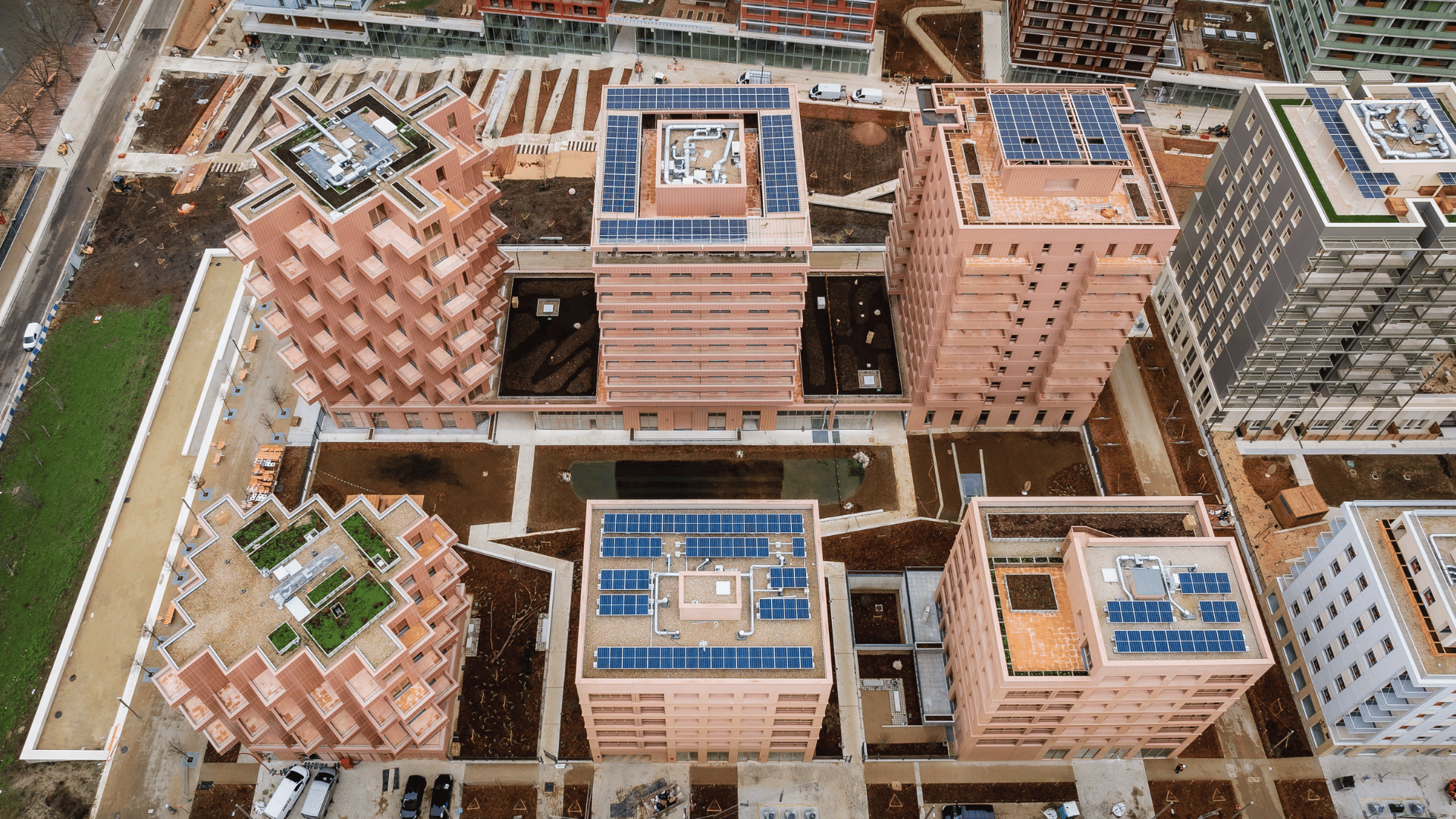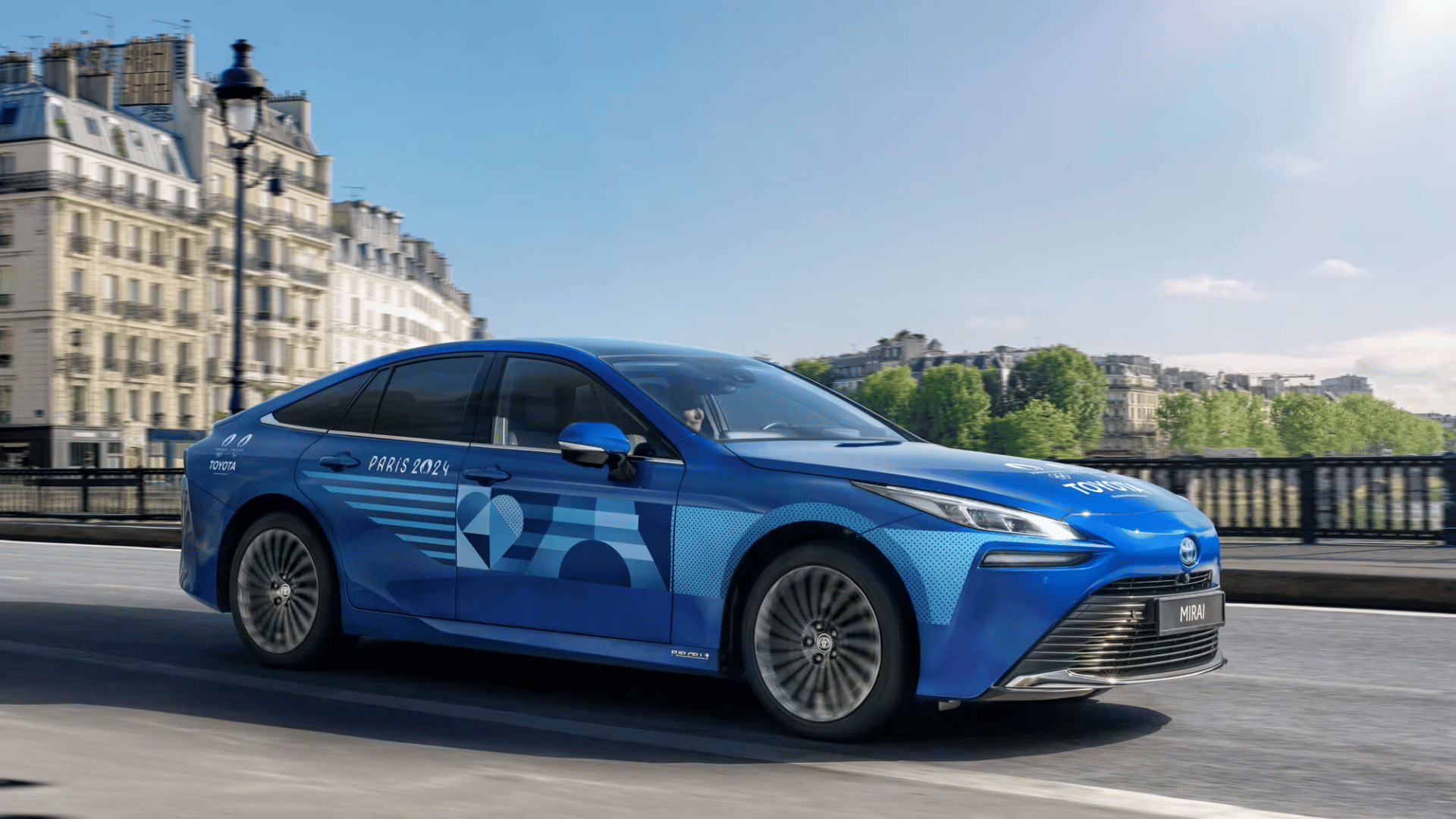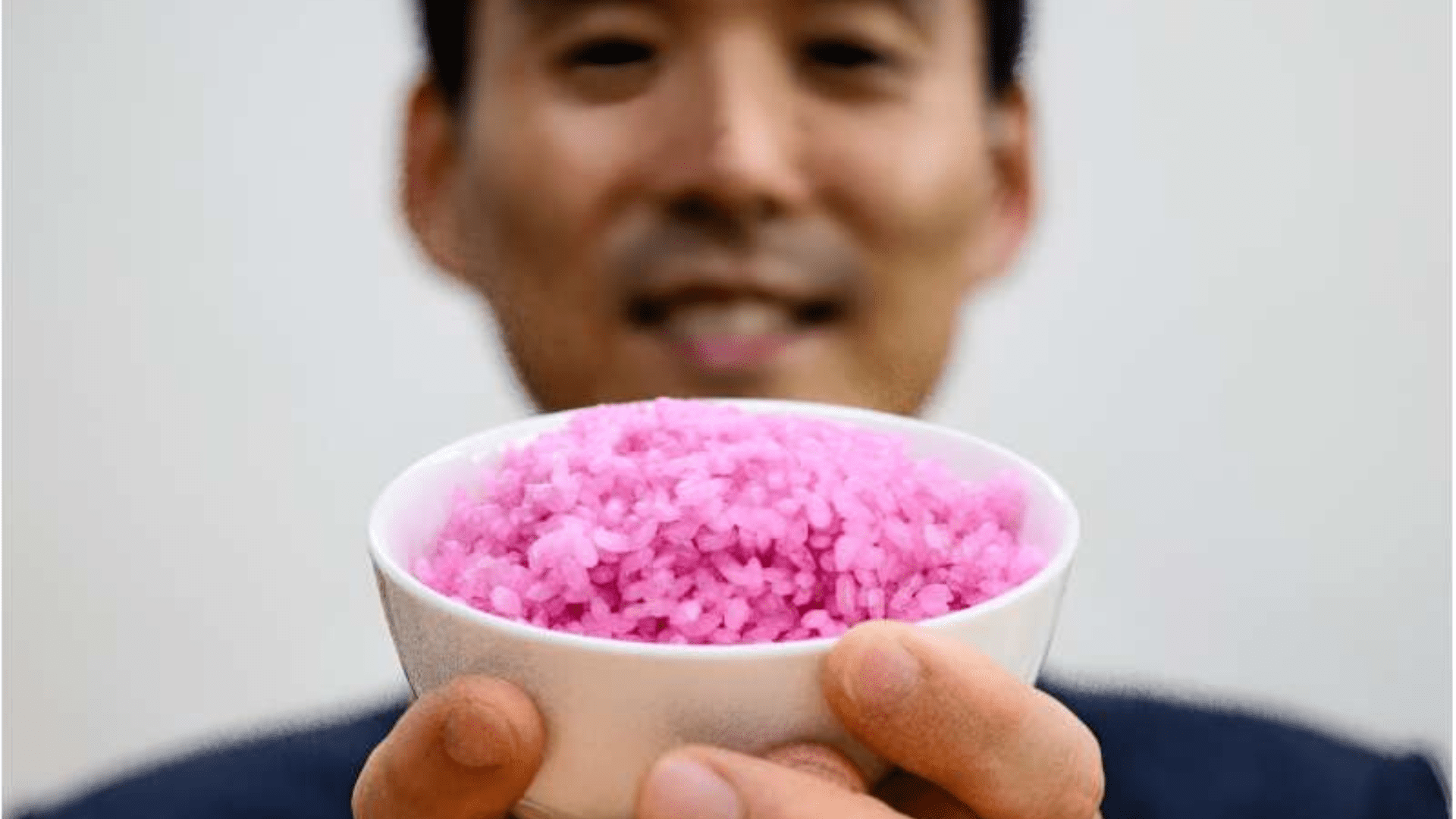The Paris Olympic Games 2024 is implementing a series of sustainability initiatives to make these games greener than their predecessors.

According to the website, the organizers have pledged to cut carbon emissions by 50% compared to London 2012 and Rio 2016 and align with the Paris Agreement on Climate Change. They’ve mapped out all of the resources needed to stage the Games to attempt to find ways to reduce the Games’ material footprint.
The organizers employed a circular economy strategy by renting 75 percent of the 2 million pieces of Paris 2024 sports equipment from sports federations. Additionally, three-quarters of the screens, printers, and computers will be rented.
They reportedly cut the estimated number of furniture items needed from 800,000 to 600,000, which reduces the need for certain resources. They’re also pledging a 100% second lift for temporary infrastructure, furniture, and equipment.
Paris 2024 will be powered entirely by renewable energy, with all venues connected to the national electric grid. The grid connections will also remain in place after the games, reducing the carbon footprint for future events hosted at these venues.

Biofuel, batteries, or hydrogen will power generators for the Games. The two new venues have also been designed to reduce their impact on biodiversity. For example, The Aquatics Center was built using low-carbon construction methods, has seats made from recycled local plastic waste, and has solar panels on its roof.
The 13 million meals to be served at the Olympic and Paralympic Games will produce less than half the carbon emissions of the average French meal: 1kg compared to 2.3kg. Additionally, the amount of plant-based ingredients will be doubled, and 80 percent of ingredients will be sourced from local agriculture.
To reduce food waste, they will estimate the volume of ingredients needed to produce meals, and any unconsumed food will be composted, redistributed, or transformed. Worldwide Olympic Partner Coca-Cola will install 700 water and soft drink fountains, and the organizers will install free drinking water points where spectators can use their own reusable water bottles.
The Paris 2024 vehicle fleet has been trimmed by 40 percent compared to previous games and will also have hybrid, electric, and hydrogen-powered vehicles supplied by Worldwide Olympic Partner Toyota.







